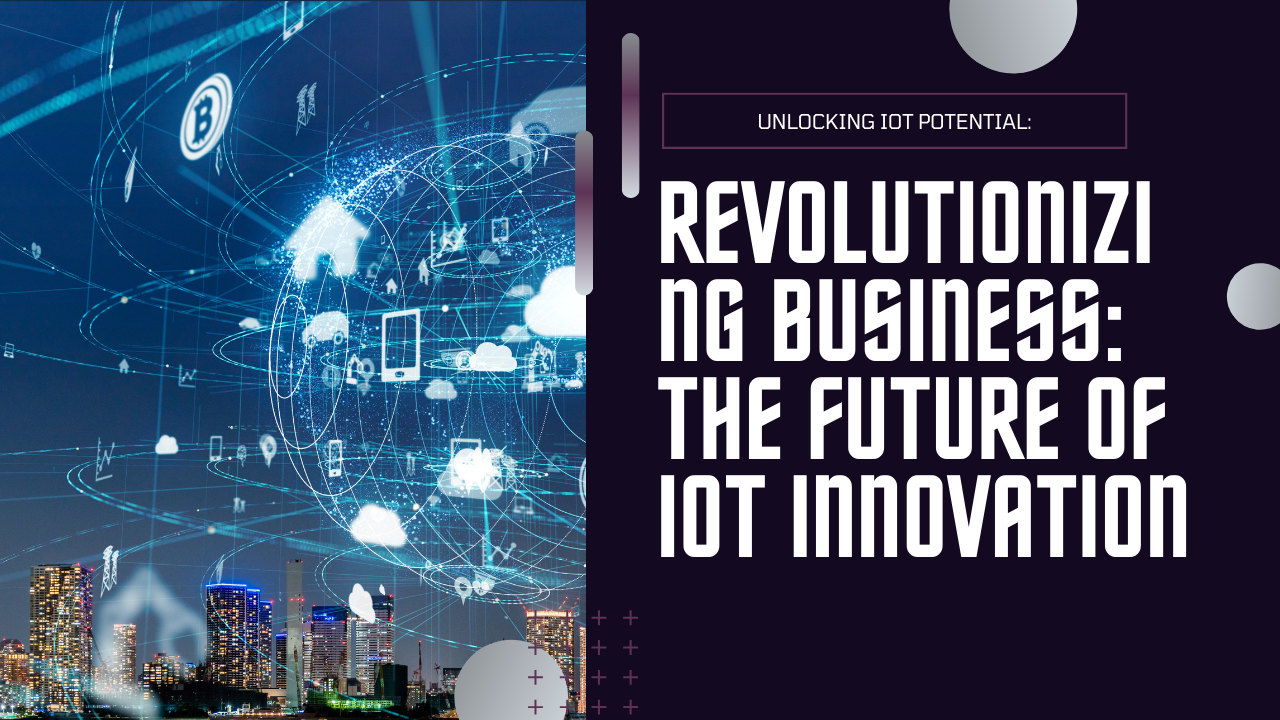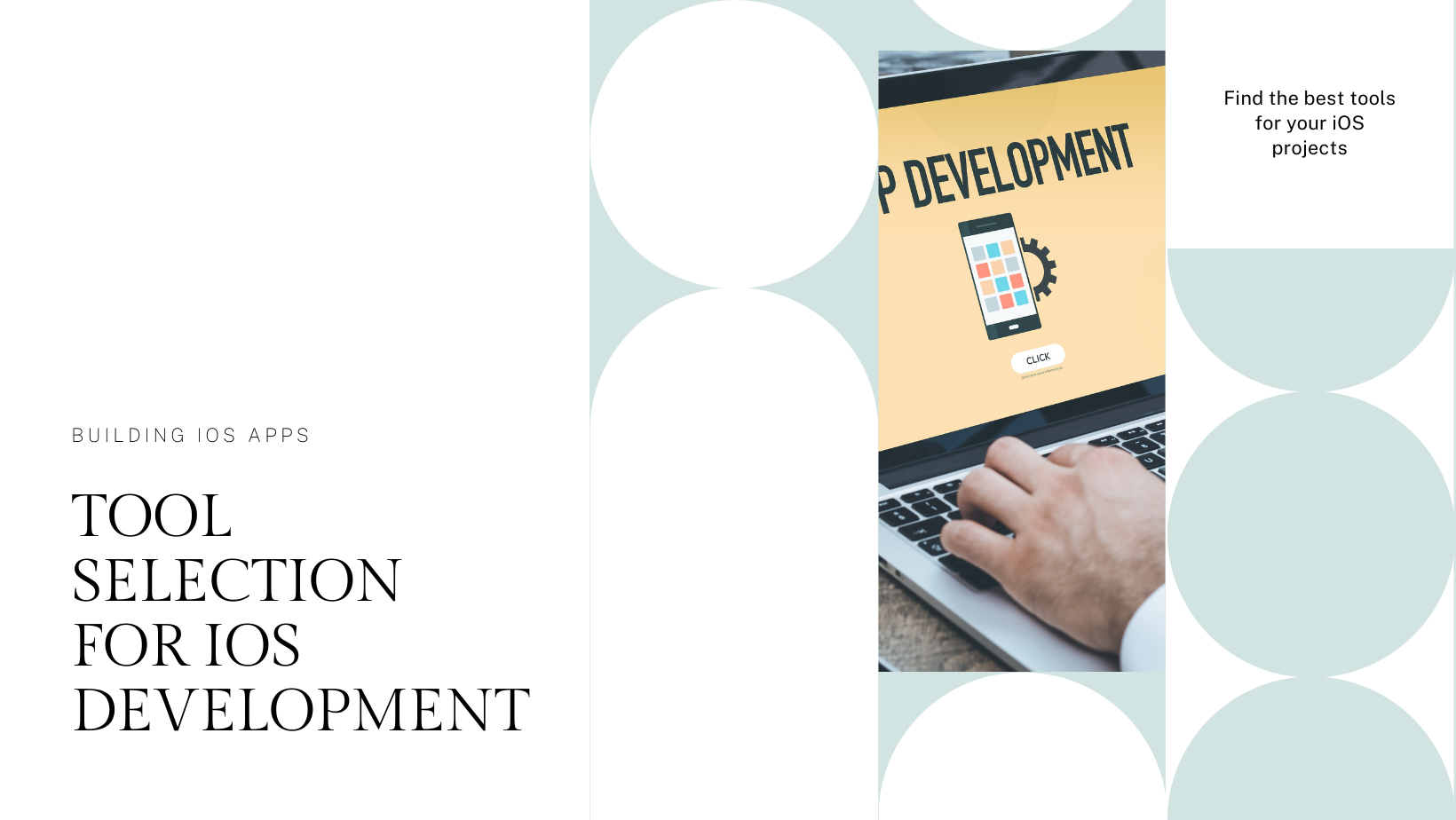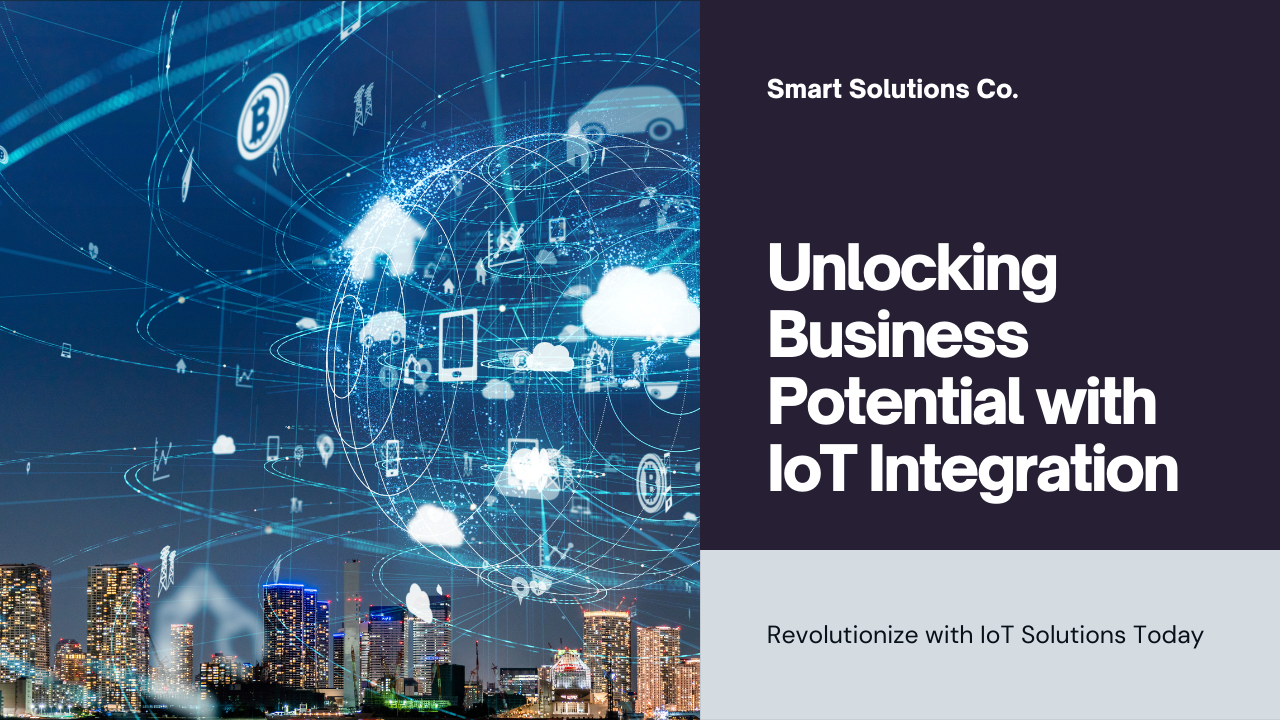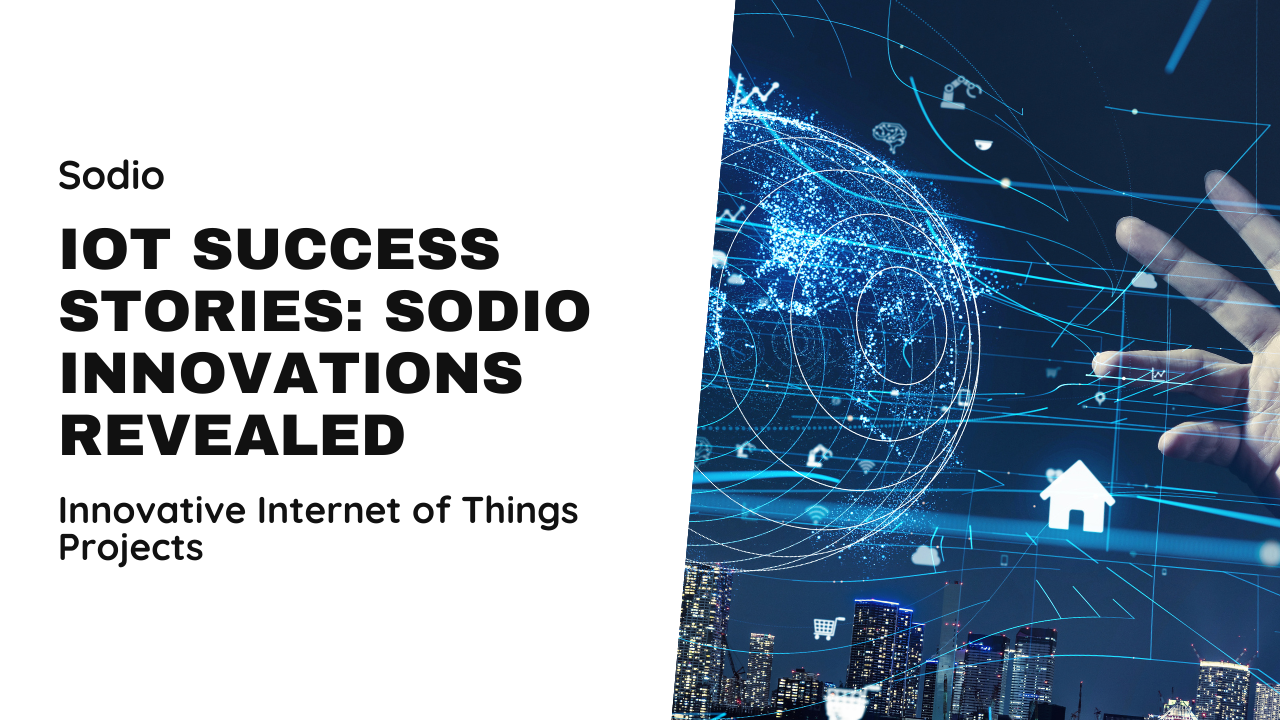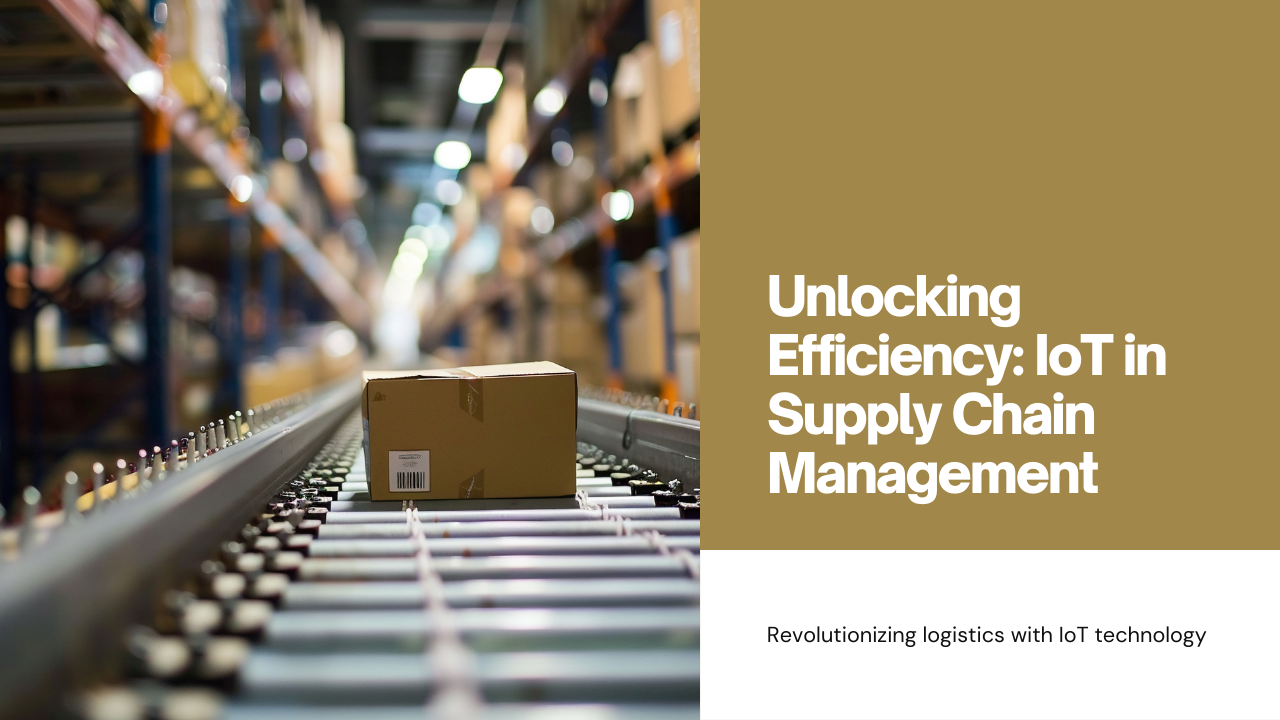The Internet of Things (IoT) has revolutionized various industries, reshaping how businesses operate, interact with customers, and manage resources. As we look to the future, IoT continues to promise even more transformative changes, driven by advances in technology and evolving business needs. In this blog, we’ll explore the future of IoT in business, highlighting key trends, innovations, and the potential impact on various sectors.
The Evolution of IoT in Business
IoT refers to the interconnected network of devices that communicate and exchange data over the internet. From its early days of simple device connectivity, IoT has evolved into a sophisticated ecosystem that enables real-time data analytics, automation, and enhanced decision-making. Businesses across industries have adopted IoT to streamline operations, reduce costs, and improve customer experiences.
Key Trends Shaping the Future of IoT in Business
1. Advanced Data Analytics and AI Integration
The integration of IoT with advanced data analytics and artificial intelligence (AI) is set to redefine how businesses operate. IoT devices generate vast amounts of data, and AI can analyze this data to provide actionable insights. Predictive analytics powered by AI can help businesses anticipate market trends, optimize supply chains, and improve asset management. For example, manufacturers can use AI-driven IoT systems to predict equipment failures and schedule maintenance, reducing downtime and operational costs.
2. Enhanced Security and Privacy Measures
As the number of connected devices grows, so does the risk of cyber threats. Future IoT systems will prioritize security and privacy, implementing robust encryption, authentication, and access control measures. Businesses will invest in IoT security solutions to protect sensitive data and ensure compliance with regulations. Additionally, advancements in blockchain technology could provide decentralized and tamper-proof security for IoT networks.
3. Edge Computing for Real-Time Processing
Edge computing, which processes data closer to the source rather than relying on centralized cloud servers, is gaining traction in the IoT landscape. This approach reduces latency, enhances real-time decision-making, and alleviates bandwidth constraints. Businesses will increasingly adopt edge computing to enable faster response times in critical applications such as autonomous vehicles, smart grids, and industrial automation.
4. 5G Connectivity and Its Impact
The rollout of 5G networks will be a game-changer for IoT. With its ultra-low latency, high bandwidth, and massive device connectivity, 5G will enable seamless communication between IoT devices. This will facilitate the deployment of IoT solutions in areas such as smart cities, healthcare, and transportation. Businesses will leverage 5G to enhance remote monitoring, enable real-time video analytics, and support large-scale IoT deployments.
5. Sustainable and Green IoT Solutions
Sustainability is becoming a core focus for businesses worldwide. IoT can play a pivotal role in achieving sustainability goals by optimizing resource usage, reducing waste, and enhancing energy efficiency. Smart buildings equipped with IoT sensors can monitor and manage energy consumption, while IoT-enabled agriculture can improve water usage and crop yield. Future IoT solutions will prioritize eco-friendly practices, helping businesses reduce their carbon footprint.
Industry-Specific Innovations
1. Manufacturing and Industry 4.0
The manufacturing sector is at the forefront of IoT adoption, driven by the principles of Industry 4.0. IoT-enabled smart factories use sensors and connected devices to monitor production processes in real-time. This results in improved quality control, reduced downtime, and enhanced operational efficiency. The future will see the integration of IoT with digital twins—virtual replicas of physical assets—to simulate and optimize manufacturing processes.
2. Healthcare and Remote Monitoring
IoT is transforming healthcare by enabling remote patient monitoring, telemedicine, and personalized treatment plans. Wearable devices and smart sensors can continuously monitor patients’ vital signs and transmit data to healthcare providers for timely interventions. In the future, IoT will facilitate more sophisticated health management systems, predictive diagnostics, and even remote surgeries, revolutionizing patient care.
3. Retail and Personalized Shopping Experiences
In the retail sector, IoT is enhancing customer experiences through personalized shopping. Smart shelves, RFID tags, and beacons can track inventory levels, monitor customer behavior, and provide targeted promotions. IoT-powered analytics can offer insights into consumer preferences, helping retailers tailor their offerings. The future will see augmented reality (AR) and virtual reality (VR) integrated with IoT to create immersive shopping experiences.
4. Smart Cities and Infrastructure
IoT is a cornerstone of smart city initiatives, enabling efficient management of urban infrastructure and services. Connected sensors and devices can monitor traffic flow, manage waste collection, and optimize energy usage in buildings. The future will bring more sophisticated IoT solutions for urban planning, disaster management, and public safety. Autonomous vehicles and smart transportation systems will further enhance the quality of life in smart cities.
5. Agriculture and Precision Farming
IoT is driving precision farming practices that maximize crop yield and minimize resource usage. Sensors and drones can monitor soil conditions, weather patterns, and crop health in real-time. Farmers can make data-driven decisions regarding irrigation, fertilization, and pest control. The future of agriculture will see the integration of IoT with AI and robotics to achieve higher levels of automation and sustainability.
Challenges and Considerations
1. Interoperability and Standardization
As IoT ecosystems expand, ensuring interoperability between devices and platforms becomes crucial. Businesses will need to adopt standardized protocols and frameworks to enable seamless communication and integration. Industry-wide collaborations and regulatory bodies will play a key role in establishing these standards.
2. Data Privacy and Compliance
With the proliferation of IoT devices, businesses must navigate complex data privacy and compliance landscapes. Collecting, storing, and processing vast amounts of data raises concerns about user privacy and regulatory compliance. Future IoT solutions will need to incorporate robust data protection measures and ensure compliance with evolving regulations such as GDPR and CCPA.
3. Scalability and Infrastructure
Scalability remains a challenge for large-scale IoT deployments. Businesses will need to invest in scalable infrastructure, including robust networks, cloud services, and edge computing solutions. Managing the growing number of connected devices and ensuring reliable connectivity will be critical for the success of future IoT initiatives.
4. Ethical and Social Implications
The widespread adoption of IoT raises ethical and social considerations. Businesses must address concerns related to job displacement due to automation, data ownership, and the digital divide. Ethical guidelines and responsible practices will be essential to ensure that IoT benefits society as a whole.
Preparing for the Future of IoT
To leverage the full potential of IoT, businesses must take proactive steps in their digital transformation journey. Here are some strategies to prepare for the future of IoT:
1. Invest in IoT Infrastructure
Businesses should invest in scalable and robust IoT infrastructure, including sensors, connectivity solutions, and data analytics platforms. Building a strong foundation will enable seamless integration of IoT solutions and ensure long-term success.
2. Foster Innovation and Collaboration
Encouraging innovation and collaboration within the organization and with external partners is crucial. Businesses should create a culture that embraces new technologies and fosters cross-functional collaboration to drive IoT initiatives forward.
3. Focus on Data Security and Privacy
Implementing robust security measures and prioritizing data privacy will be essential to gain trust and ensure compliance. Businesses should adopt best practices for IoT security, conduct regular audits, and stay updated with the latest regulations.
4. Develop IoT Skills and Talent
Investing in the development of IoT skills and talent within the organization is vital. Businesses should provide training and upskilling opportunities for employees to keep pace with the rapidly evolving IoT landscape.
5. Embrace a Customer-Centric Approach
Understanding customer needs and preferences will be key to successful IoT implementations. Businesses should leverage IoT data to gain insights into customer behavior and tailor their products and services accordingly.
Conclusion
The future of IoT in business is filled with exciting possibilities and transformative potential. As IoT continues to evolve, businesses across industries will benefit from enhanced efficiency, improved decision-making, and innovative solutions. By staying ahead of key trends, addressing challenges, and embracing a forward-thinking approach, businesses can unlock the full potential of IoT and drive sustainable growth in the digital age.
At Sodio Technologies, we are committed to helping businesses navigate the complexities of IoT and achieve their digital transformation goals. Our expertise in IoT solutions, coupled with a customer-centric approach, enables us to deliver innovative and scalable IoT implementations. Contact us today to learn how we can help you harness the power of IoT for your business.
